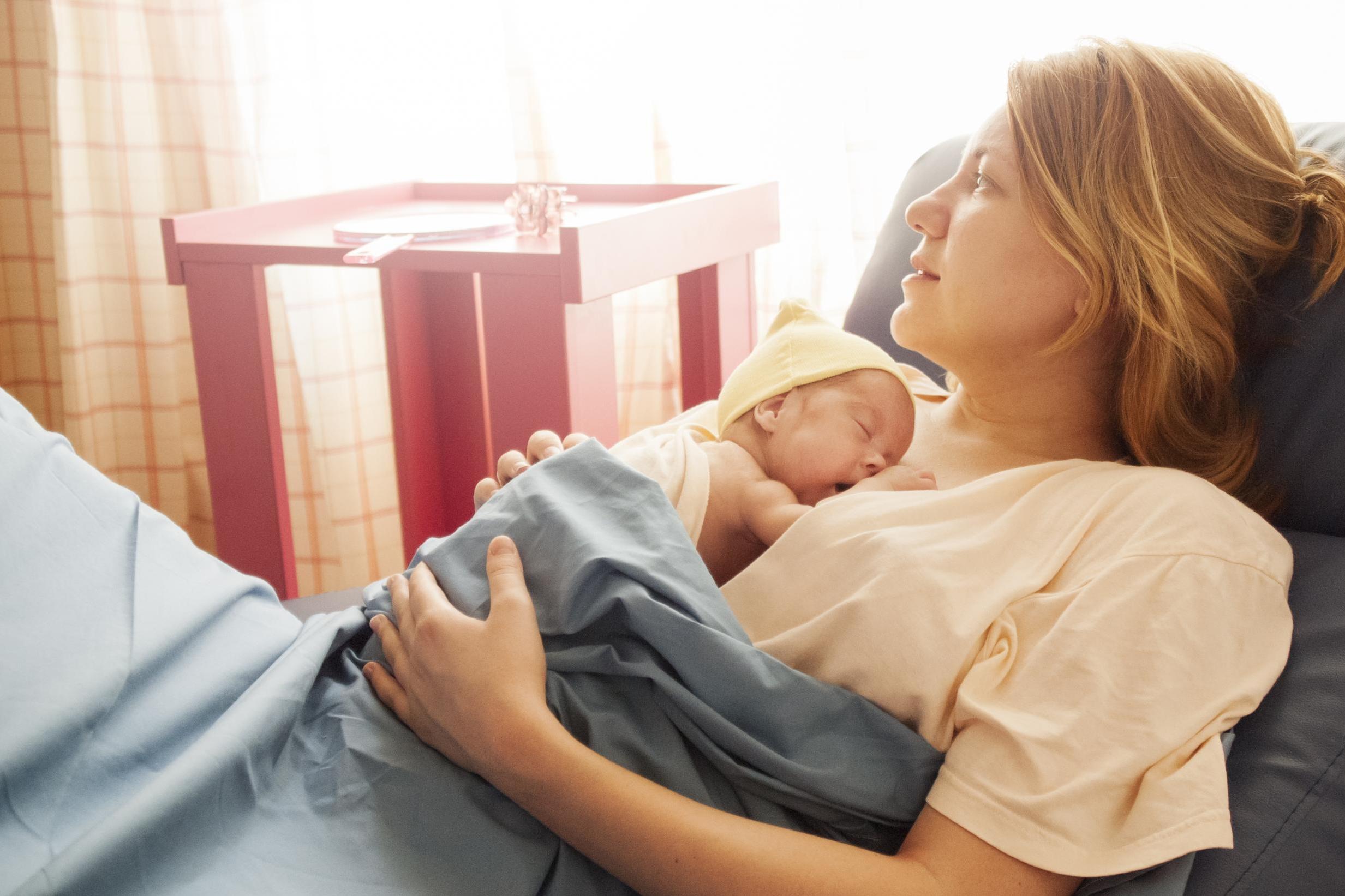Shared parental leave is 'significantly underutilised' in UK, shows new study
Fewer than 1 per cent of parents eligible to take the shared leave did so

Only around 8,700 new parents took advantage of the right to shared parental leave in the year to the end of March, new figures show.
A study conducted by commercial law firm EMW reveals that fewer than 1 per cent of parents eligible to take the leave did so.
Under the system, both new parents can share up to 50 weeks of leave and 37 weeks of statutory pay between them, instead of having traditional maternity leave. The study found that a total of 661,000 mothers and 221,000 fathers took maternity and paternity leave during the time.
EMW said that the figures show that the scheme is “being significantly underutilised” and may provide evidence of the “cultural stigma of men taking lengthy amounts of time off work to care for their children”.
“In many cases new parents, particularly fathers, could be concerned about the impact on their career if they take lengthy time off,” the authors of the study wrote.
“The fast pace of change in the workplace could mean that staff feel they can fall behind in their career just by taking a few months off.”
EMW said that increased financial pressures of new parenthood could also be deterring some people from taking shared leave. Under the scheme, employees get 90 per cent of average weekly earnings.
“This step down in income could be a deterrent against claiming, as many new parents may find they need at least one or both of their full salaries,” according to the study.
The scheme only came into effect in April 2015. Its low take up so far could also indicate a lack of awareness.
Subscribe to Independent Premium to bookmark this article
Want to bookmark your favourite articles and stories to read or reference later? Start your Independent Premium subscription today.

Join our commenting forum
Join thought-provoking conversations, follow other Independent readers and see their replies